
From Wild Exuberance to State Control in China’s Art Market
The scholar and journalist Kejia Wu is the author of A Modern History of China’s Art Market, a...

The scholar and journalist Kejia Wu is the author of A Modern History of China’s Art Market, a...
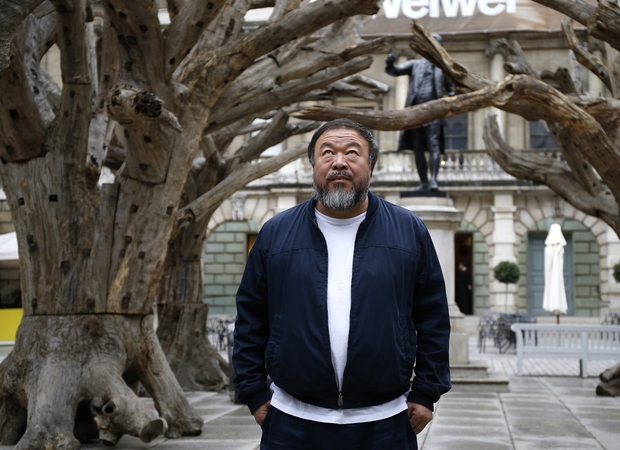
As I read 1000 Years of Joys and Sorrows, I felt as if I’d finally come upon the chronicle of modern China for which I’d been waiting since I first began studying this elusive country six decades ago. What makes this memoir so absorbing is that...
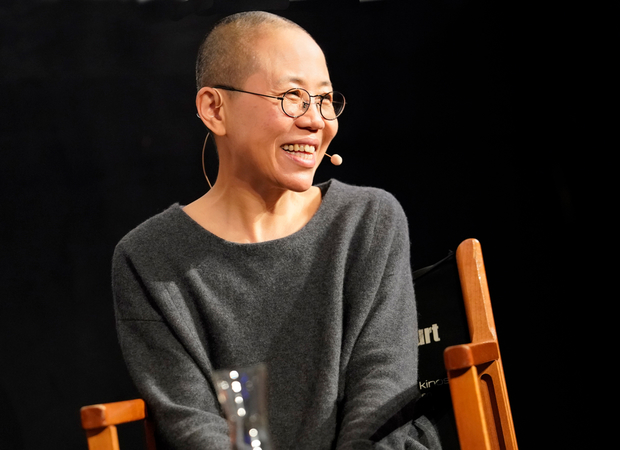
Liu Xia, widow of Liu Xiaobo, who won the Nobel Peace Prize in 2010 and died while in Chinese custody in 2017, has opened up to the public for the first time since she began a life of exile in Germany nearly a year ago. On May 4, in a dialogue...

In the 2000s, New York-based artist Lisa Ross traveled to the city of Turpan in China’s Xinjiang Uighur Autonomous Region and photographed local people on the beds that they keep in their fields. The portraits in that series are currently on...
In Beijing, the AFP reports that authorities have slated the neighborhood surrounding Ai's studio for redevelopment. According to the AP, Beijing has destroyed "large swaths of the suburbs over the past year in a building safety campaign."
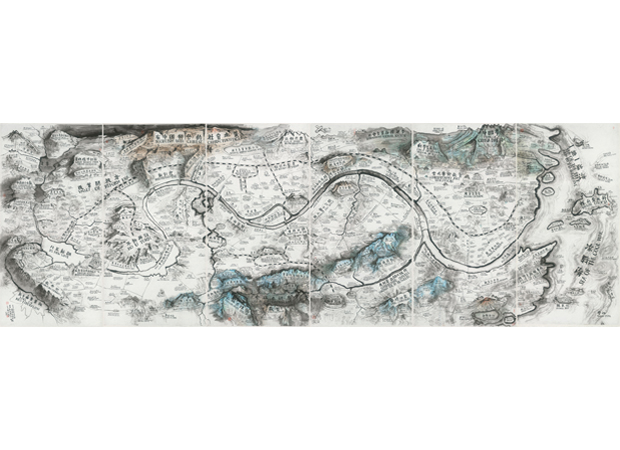
One of China’s most influential artists is forty-eight-year-old Qiu Zhijie. A native of southern China’s Fujian province, Qiu studied art in the eastern city of Hangzhou before moving to Beijing in 1994 to pursue a career as a...

On the evening of May 20, 1989, in response to weeks of mass demonstrations in Tiananmen Square, the Chinese government placed Beijing under martial law. The following morning, in Hong Kong, far to the south, Wen Wei Po, the main Communist-...
As a black woman in China, I’ve been relatively fortunate. My negative experiences have mostly consisted of being photographed and gawked at by Chinese people. While many of my fellow Africans have had much more traumatic experiences, my...
Strange to say, although China has 1.4 billion people, it has only one artist, Ai Weiwei. Or so you’d think if you followed the Western news media. “Art and China after 1989: Theater of the World” at the Solomon R. Guggenheim Museum wants to...
Michael Xufu Huang is hard to miss. In March of this year, the Chinese art collector turned heads at a Guggenheim party by showing up in a white leather jumpsuit. A week later, he swept through the VIP opening of Art Basel in Hong Kong in a...
In 1971, a ping-pong match between the U.S. and Chinese national teams helped open relations between the two countries. Since then, people-to-people diplomacy has been a bright spot in otherwise tense interactions. But civil society engagement...
If you’re not dead yet and you were never very famous, can you still get a street named after you in Beijing? You can if you’re 27-year-old artist Ge Yulu. Open Google Maps, enter his name, and there you will find a 1,476-foot-...
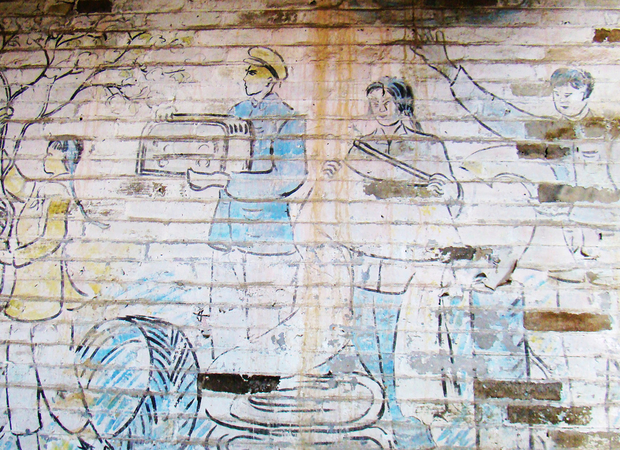
Modern China was built on the nearly thirty ruthless years of Mao’s rule. The country’s elite—the “literati” of educated small landowners who held the empire together at the local level—was brutally eliminated. Almost everyone’s...
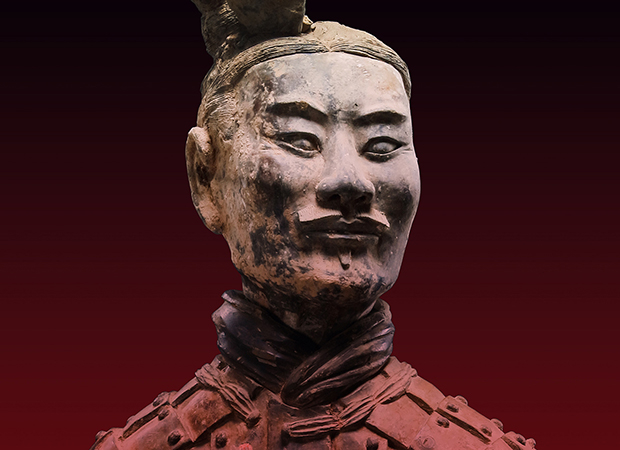
French schoolchildren used to be taught that they were descended from the Gauls, a tribe that emerged around the fifth century BC. It is a common conceit of 19th-century nationalism that citizens of modern nation-states can trace...
The Chinese-American artist Tyrus Wong, who died last week at 106, was an incredibly accomplished painter, illustrator, calligrapher and Hollywood studio artist. But as Margalit Fox wrote in her obituary for Mr. Wong, “because of the...
Meet Hao Jingfang, author of "Folding Beijing,” the science-fiction novelette that beat out Stephen King to win a Hugo Award.
With selfie-ready backdrops — flowing green canals and sloping tiled roofs — Wuzhen, China, takes off with tourists
A small and decidedly nondescript city called Yanjiao, about an hour’s drive from Beijing, has been experiencing an influx of artists
Qi Xinghua, famous as a 3-D painter, says he wants to ‘add some fun to our lives’ by brightening up drab cityscapes

This year marked the 50th anniversary of the beginning of the Cultural Revolution, a chaotic decade of...

At the Beijing Forum on Literature and Art last October, President Xi Jinping spoke to a high-level audience of arts professionals about the role of arts and culture in China. The event, along with excerpts of the October 15, 2014...

In late July, Chinese authorities renewed travel privileges for conceptual artist and political activist Ai Weiwei, ending a five-year prohibition following his arrest in 2011. He promptly flew to Munich and then Berlin, where he has accepted a...
Orientalism is generally understood as a bad thing. What the “Through the Looking Glass” exhibit designers attempted to do was reclaim Orientalism, demonstrating that Western designers might only have a superficial understanding of China, but...
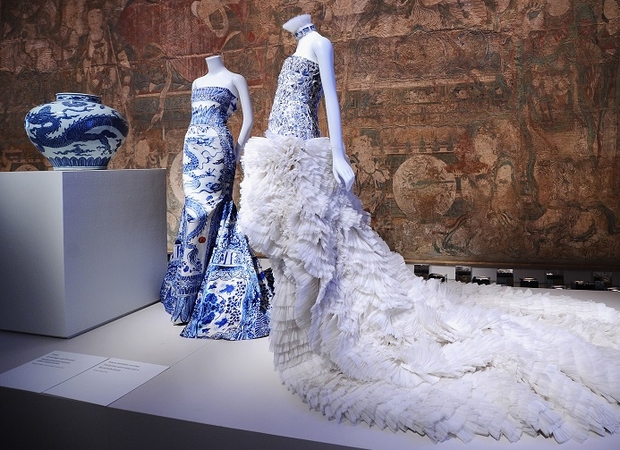
In July, while in New York, I toured The Metropolitan Museum of Art’s much buzzed about “...
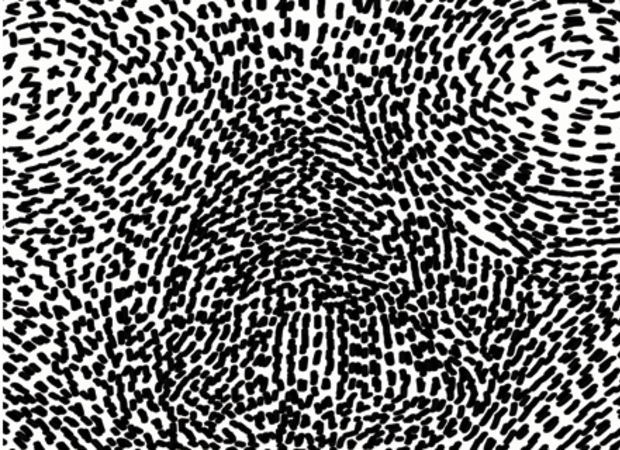
{slideshow, 16211, 4}
An exhibition of smog-inspired posters is touring the polluted cities of northern and eastern China this month to draw attention to the impending environmental disaster.
Created by a group of Chinese designers...
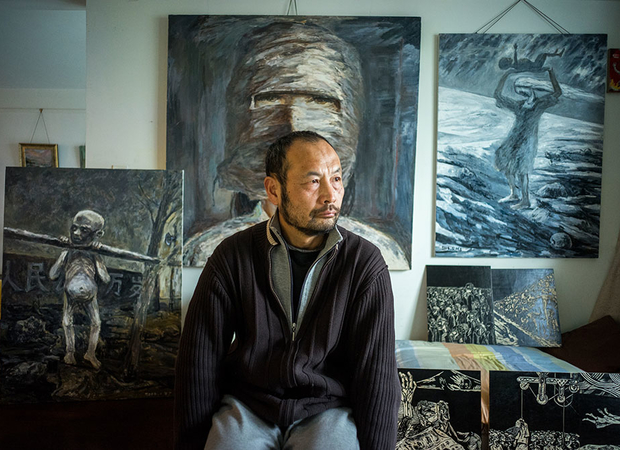
Though none of his works have been publicly shown in China, Hu Jie is one of his country’s most noteworthy filmmakers. He is best known for his trilogy of documentaries about Maoist China, which includes Searching for Lin Zhao’s Soul (...
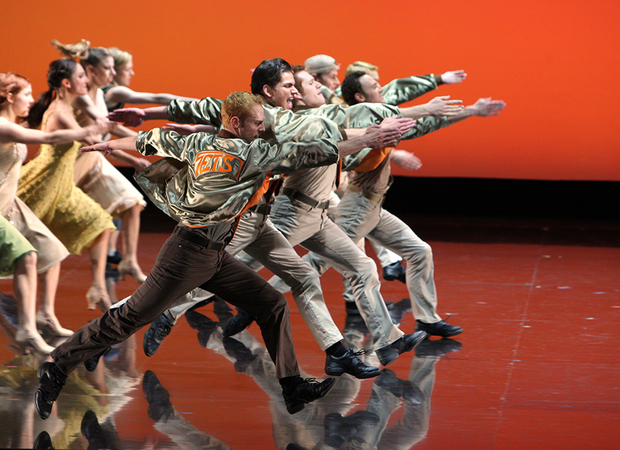
This week on Sinica, Kaiser Kuo and David Moser are delighted to host Alexander Bernstein, son of Leonard Berstein and director of the Bernstein Family Foundation, who is now in China on part of a cultural tour. Accompanied by Alison Friedman of...
Poitras, Oscar-winning Citizenfourdirector, came to Beijing to shoot a film about Appelbaum and Ai meeting and making art.
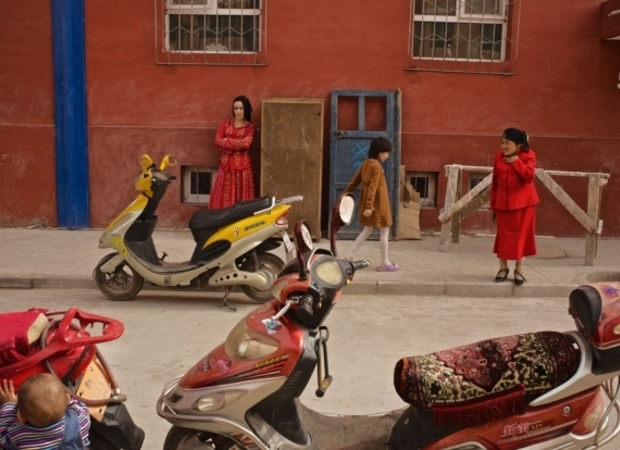
Xinjiang is one of those remote places whose frequent mention in the international press stymies true understanding. Home to China’s Uighur minority, this vast region of western China is mostly known for being in a state of...

The southern Chinese city of Guangzhou is home to China’s largest African migrant population, predominantly from...
Westerners are often criticized for looking at Chinese art through a narrow political lens.
As Hong Kong's pro-democracy protests wane, what will become of the iconic artwork Umbrella Man, the Lennon Wall of sticky notes and all the banners?
What were all these sick animals—lions, wolves, camels, monkeys, gazelles, pandas, and zebras—doing on this dilapidated Chinese fishing boat, sailing past the famous frieze of colonial banks, trading houses, and clubs that make up Shanghai’s Bund...